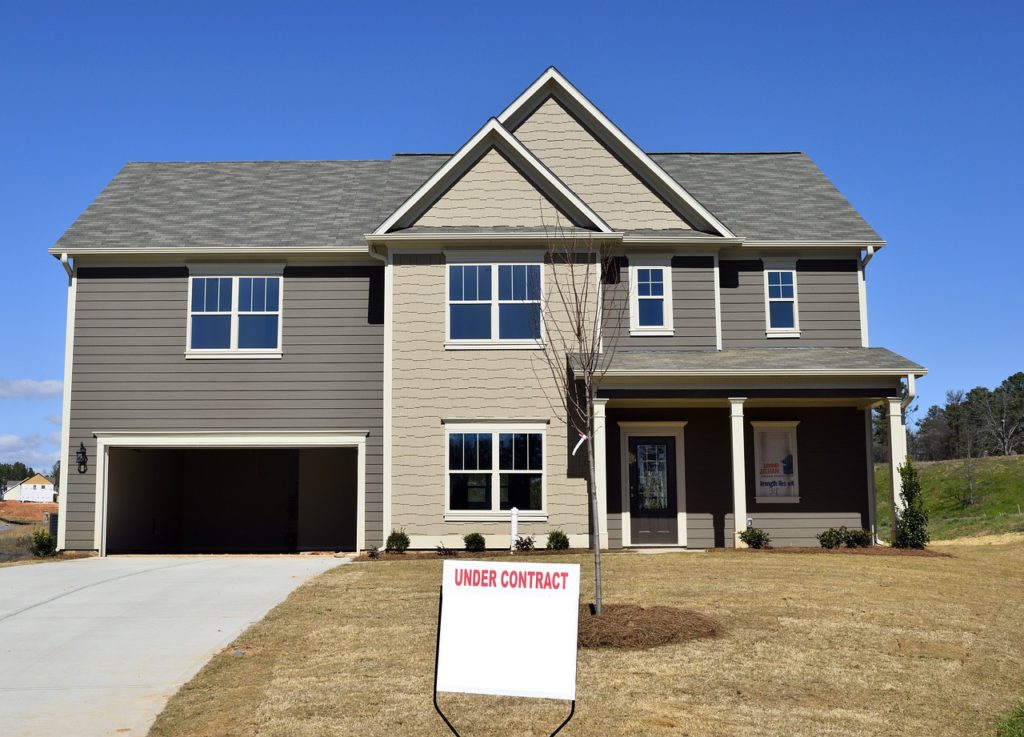Property management currently operates in a very aggressive and constantly changing realm. However, some key trends in the industry will have a significant impact on how the sector will behave for years. Trends in residential property management, specifically condominium management, revolve around advancing technology and improving renters’ experience. Coupled with other changes, these trends will have lasting effects on the property management industry years after the pandemic.

Whenever there is a major disruption, such as the recent pandemic, old processes are quickly phased out by new ones designed to accommodate the changing circumstances. Even though property management had started embracing digital transformation before the pandemic, the shift to remote work models and social distancing accelerated its adoption.
Property managers stopped working from their physical offices, yet they managed property portfolios and residents. This was made possible by the swift adoption of technology, which provided better visibility into property management. The adoption of various technological tools gave managers better insight into their operations, flexibility, and agility.
Technological innovations also introduced contactless transactions in the sector. The introduction of a contactless environment during the pandemic led to unmatched convenience in the industry. For instance, online rent collection has gained traction, and the use of virtual tours will continue to be relevant in the future.
The value of providing an excellent renter experience is another crucial trend that property managers should know. Maintaining good relations with property residents and reaching out to them proactively to understand their challenges is increasingly becoming crucial.
Fortunately, management teams have limitless opportunities to spark unlimited resident engagement and make renters feel connected within their communities. Activities such as creating community-wide drives during holidays can improve engagement among residents.
Besides improving the renter experience, property managers should also consider the noticeable shift in renter preference. A recent survey showed that 60% of tenants claim that the pandemic affected their preference for places to live. 40% of the surveyed respondents said they currently desire to live in less populated communities. Working from home and other flexible working schedules also allow them to choose where to live.
To respond to the changing preferences, property managers should identify opportunities of attracting and retaining tenants, especially in large towns where rental rates have been reduced and retaining tenants is becoming challenging. One tip is providing personalized perks or concessions. For instance, high-end residential buildings currently install home workout equipment to increase appeal, especially after the pandemic where social distancing led to gym closures.
With younger generations looking for housing, their demands and values affect the property market. Many millennials prefer renting and are specific with what they want. Modern amenities and technical integrations, such as high-speed Wi-Fi, smart thermostats, and high-tech locks are a priority.
Property managers should consider these trends and make conscious efforts to adjust their current practices to suit industry changes. Other trends to watch out for include rising taxes, closed loopholes, increased regulation of properties, and more demand for single-family homes.